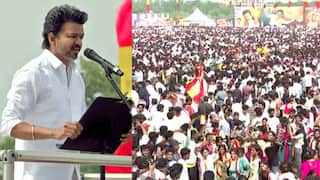To ensure GST bill passage, 1% additional levy scrapped

Technically called the Constitution (One Hundred and Twenty-Second Amendment) Bill, 2014, it has proposed to delete Clause 18 of the original bill that intended to compensate the manufacturing states with one per cent additional duty for a period of two years or more for revenue losses. The additional levy was also among the main objections of the opposition Congress party, whose support is necessary for the bill's passage since the National Democratic Alliance government lacks a clear majority in the upper house of parliament. Also Clause 19 dealing with compensation to states for a period of five years or more towards the losses they may suffer due to a shift to the new regime, has been made more specific. It now says parliament by law "shall" compensate states, as opposed to the word "may" that was used earlier. Then Clause 12, which deals with dispute resolution between and among the Centre and states and again was a bone of contention since the original bill left this to the GST Council -- has been reinforced. The amendment now calls for a standing mechanism to adjudicate disputes. However, another Congress demand, to specify the GST rate in the statute, has not been accepted. Last week, West Bengal Finance Minister Amit Mitra chaired a GST panel meet in which all states agreed to keep the GST rate out of the bill. The GST bill was introduced in the Lok Sabha on December 19, 2014, and was passed by the Lok Sabha around five months later on May 6. It was then referred to a Select Committee of the Rajya Sabha which submitted its report on July 22. These amendments will need to get the nod of the Lok Sabha again, following which at least 50 per cent of the states need to ratify the bill for it to become a statute. This again could be a long-drawn process, since states will have their own sets of issues and queries. The new regime, termed as the most radical tax reform since Independence, seeks to subsume all central indirect taxes like excise duty, countervailing duty and service tax, as also the state levies like value added tax, entry tax and luxury tax to create a single, pan-India market.





































